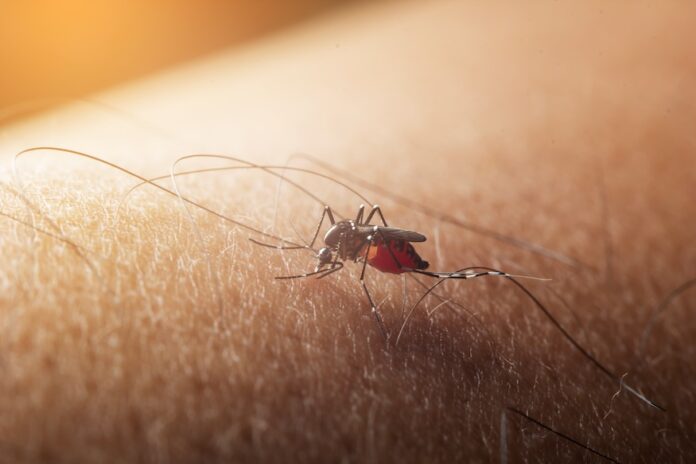Per a release on NYC Newswire, New York City’s Department of Health has confirmed the season’s first two human West Nile virus infections, both in Queens residents. Since July, West Nile has also been found in mosquito pools in every borough.
Two Cases Confirmed, Additional Cases Under Review
One person was diagnosed with West Nile fever, hospitalized for a short time, then released. Another remains hospitalized with West Nile neuroinvasive disease and encephalitis. Blood donations from Brooklyn and Staten Island residents were also positive for the virus. Officials are looking into two other potential Brooklyn cases.
Mosquitoes Throughout the Five Boroughs
West Nile–carrying mosquitoes are usually active from May through October in NYC, especially in August and September. As of August 22, 2025, 988 mosquito pools had the virus citywide, fewer than last year at this time. The Health Department performed 10 adulticidings, 3 aerial and 2 catch basin larvicidings, and 1,104 ground-based larvicidings.
City Health Commissioner Calls for Caution
“West Nile virus can be very serious for people over 55 or those with weak immune systems,” warned Acting Health Commissioner Dr. Michelle Morse. “Use registered repellents, wear protective clothing at dawn and dusk, eliminate any standing water, and ensure your window screens aren’t damaged.” Check the NYC Health online map for mosquito activity.
Potential Health Effects
While many people don’t experience any West Nile symptoms, some might get fever, headaches, muscle pains, rashes, or fatigue. A small number—about 1 in 150—mainly seniors and immunocompromised, might develop West Nile neuroinvasive disease that affects the brain and spine. This could cause confusion, muscle weakness, hospitalization, or be fatal.
NYC’s West Nile History
The West Nile virus was first seen in New York over 25 years ago. From 2012 to 2021, the city averaged 16 annual cases of the neuroinvasive disease, but in 2022-2024, that jumped to around 31 per year. Most people did not use repellents or prevention.
Preventive Measures
Authorities advise using EPA-registered repellents like DEET, picaridin, oil of lemon eucalyptus, or IR3535. Wear long sleeves and pants, especially at sunrise and sunset, and minimize outdoor activity if immunocompromised. Fix or replace window screens, clear standing water, and keep pools properly maintained. To find suitable repellents, see the EPA search tool.
Stay Informed
Find more on West Nile virus or report standing water at NYC Health: West Nile Virus or call 311.



